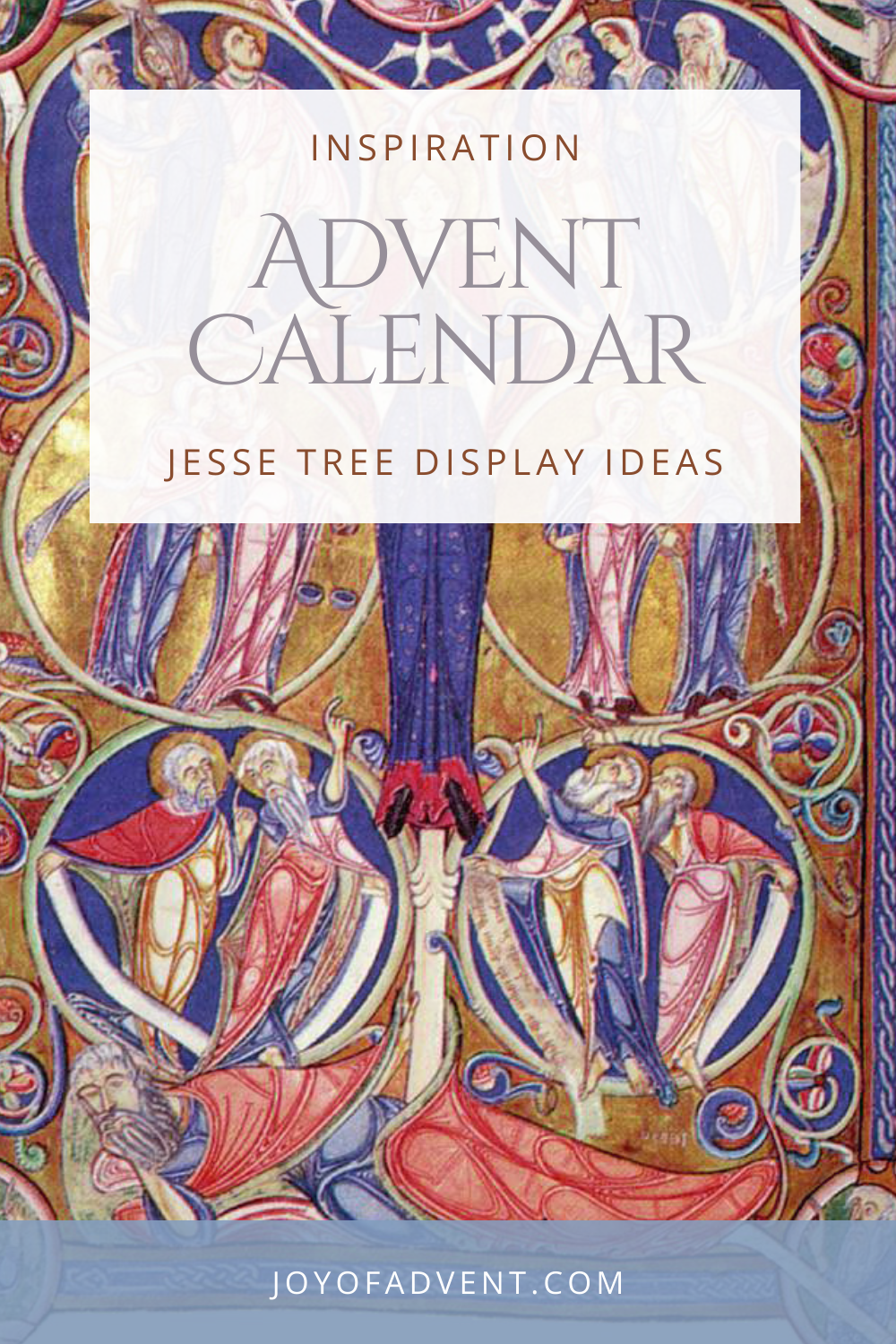Day 15: Anointed Shepherd-King
Now the Lord said to Samuel, “How long will you mourn for Saul, seeing I have rejected him from reigning over Israel? Fill your horn with oil, and go; I am sending you to Jesse the Bethlehemite. For I have provided Myself a king among his sons.”
So Samuel did what the Lord said, and went to Bethlehem. And the elders of the town trembled at his coming, and said, “Do you come peaceably?”
And he said, “Peaceably; I have come to sacrifice to the Lord. Sanctify yourselves, and come with me to the sacrifice.” Then he consecrated Jesse and his sons, and invited them to the sacrifice.
So it was, when they came, that he looked at Eliab and said, “Surely the Lord’s anointed is before Him!”
But the Lord said to Samuel, “Do not look at his appearance or at his physical stature, because I have refused him. For the Lord does not see as man sees; for man looks at the outward appearance, but the Lord looks at the heart.”
So Jesse called Abinadab, and made him pass before Samuel. And he said, “Neither has the Lord chosen this one.” Then Jesse made Shammah pass by. And he said, “Neither has the Lord chosen this one.” Thus Jesse made seven of his sons pass before Samuel. And Samuel said to Jesse, “The Lord has not chosen these.” And Samuel said to Jesse, “Are all the young men here?” Then he said, “There remains yet the youngest, and there he is, keeping the sheep.”
And Samuel said to Jesse, “Send and bring him. For we will not sit down till he comes here.” So he sent and brought him in. Now he was ruddy, with bright eyes, and good-looking. And the Lord said, “Arise, anoint him; for this is the one!” Then Samuel took the horn of oil and anointed him in the midst of his brothers; and the Spirit of the Lord came upon David from that day forward. So Samuel arose and went to Ramah.
—From 1 Samuel 16:1–13 (NKJV)
“No on ever would have guessed, when David was a little boy...”
Reflection
Even in his greatness, David was flawed. Many know the story of David and Bathsheba—David saw her in the courtyard, committed adultery with her, and, when she became pregnant and his sin couldn’t be hidden, he arranged for the death of her husband. Yet he and Bathsheba remained in the genealogy of Christ. As Christians we face two temptations in regard to sin. The first, and most common is to rationalize it, to think we’re better than we are and don’t need God’s grace. There is an equal temptation, especially for those who have made capital M Mistakes, to think our sins can outsize God’s grace. Reflect today on these two issues. Are you an, “I’m not that bad” sort of sinner, or do you carry a weight of guilt and shame that you think is too heavy, even for God? If the former, pray for God to search your heart and reveal you to yourself. And if you’re the latter, know there is no sin too grievous for God’s grace.
Celebrate Together
Gather the family for today’s Celebration in our book, The Joy of Advent. Consider the intricate interweaving of the threads of God’s plan in simple oil, explore the Jesse Tree symbol of a shepherd’s staff, discover the history behind today’s carol, and enjoy a family conversation (or private journaling) about surprises.
Today’s Jesse Tree Symbol:
A shepherd staff reminds us that David began as a shepherd, but became a king.
Inspiration
The Anointing of David
Paolo Veronese, 1555. Young David, the unlikeliest choice for King of Israel.
Music
Celebrate with While Shepherds Watched Their Flocks By Night! [Play Video]
Reflect as you enjoy Little Drummer Boy that the anointing through Christ is not bound to any one language or nationality! [Play Video]
Visit our Joy of Advent YouTube playlist for featured videos, our Ultimate Christmas playlist for all our favorite carols, or our sing-along carols to enjoy karaoke style.
Prayer
Blessed Lord,
Give us your Holy Spirit to work in us daily a true and lasting repentance, and lead us as repentant Christian people, always willing to acknowledge, mourn and lament our sins, yet also keep us steadfast and strong in our faith in the forgiveness of sins and in our purpose to amend our lives; through Jesus Christ our Lord. Amen.
Johann Eichhorn (d. 1564)
Resources
Until the mid-1990s there was little direct evidence for an historical King David beyond the Biblical account. Some dismissed the Biblical account as legend, a literary tale. That is, until an ancient inscription from a time after David’s reign was discovered referring to “The House of David.”
A beautiful music video of Little Drummer Boy.
Enjoy a printable coloring page of David's Anointing.
Would you like to make Jesse Tree ornaments to accompany your readings? Find tutorials and ideas from simple to advanced at our Jesse Tree Ornaments Pinterest board.
If you’re enjoying this resource, please consider supporting our mission.














